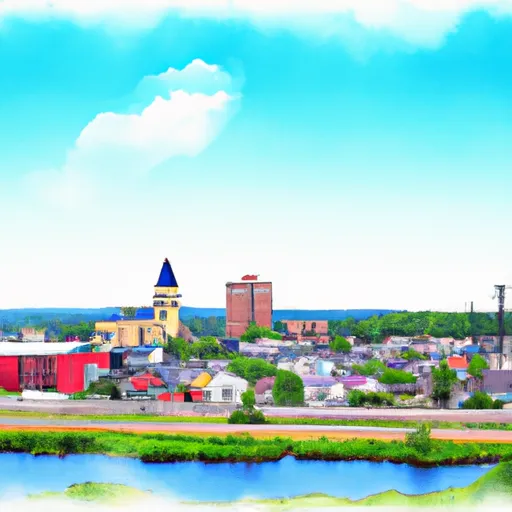°F
°F
mph
Windspeed
%
Humidity











Delta is a town located in the northern region of Wisconsin known for its beautiful natural surroundings. The town experiences a humid continental climate with temperatures ranging from -10°C to 25°C in winter and summer, respectively. The hydrology constituents include several lakes, rivers, and streams that are popular for fishing, boating, and swimming. The region also has several state parks and forests with hiking, camping, and hunting opportunities. The Chequamegon-Nicolet National Forest offers miles of trails for hiking, biking, and snowmobiling. The town is an excellent destination for outdoor enthusiasts looking for a peaceful, natural environment to explore.
Weather Forecast
Delta receives approximately 801mm of rain per year, with humidity levels near 83% and air temperatures averaging around 6°C. Delta has a plant hardyness factor of 3, meaning plants and agriculture in this region thrive during a short period during spring and early summer. Most plants will die off during the colder winter months.
Regional Streamflow Levels
5
Cubic Feet Per Second
5
Cubic Feet Per Second
181
Cubic Feet Per Second
2,670
Cubic Feet Per Second
Nearby Camping
| Camping Area | Reservations | Toilets | Showers |
|---|---|---|---|
| Cuivre River State Park | |||
| Berryman | |||
| Meramec State Park | |||
| Owls Bend - Powder Mill | |||
| Powder Mill - Ozark National Scenic River | |||
| Two Rivers - Ozark National Scenic River |



